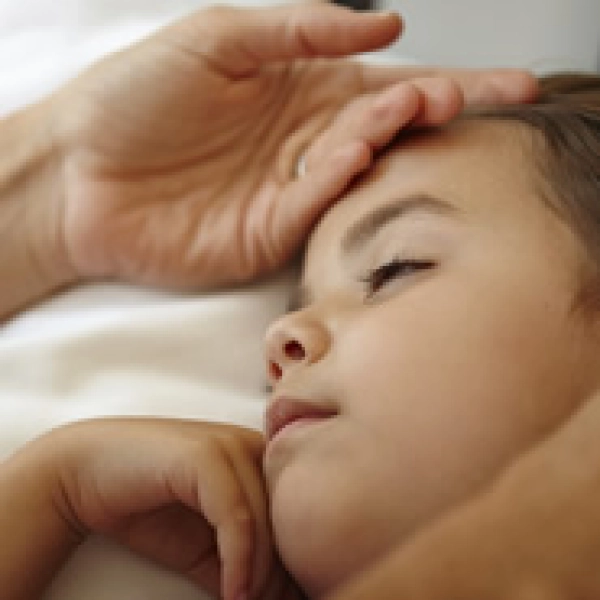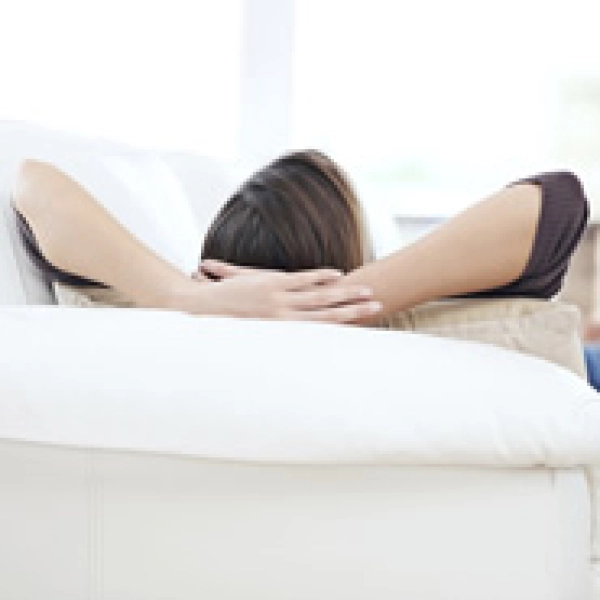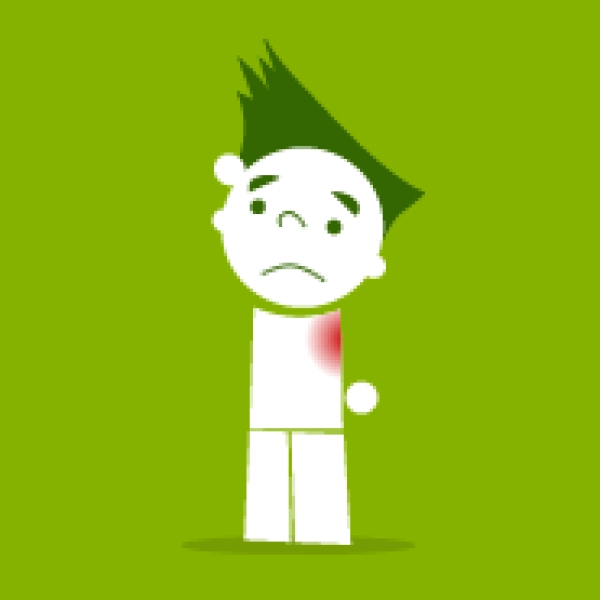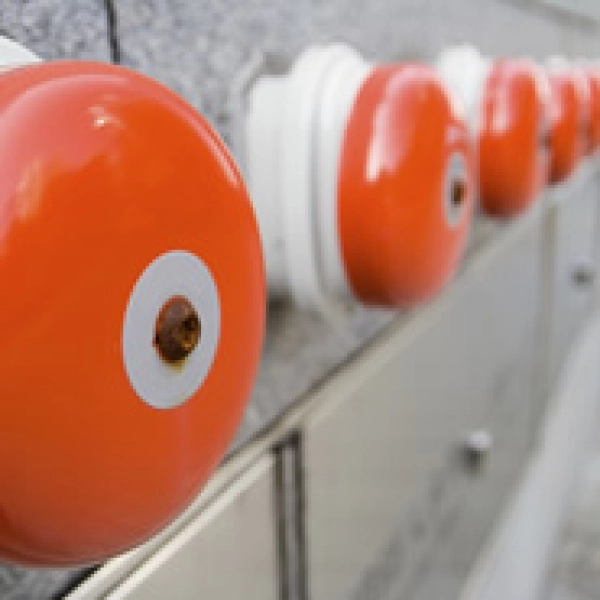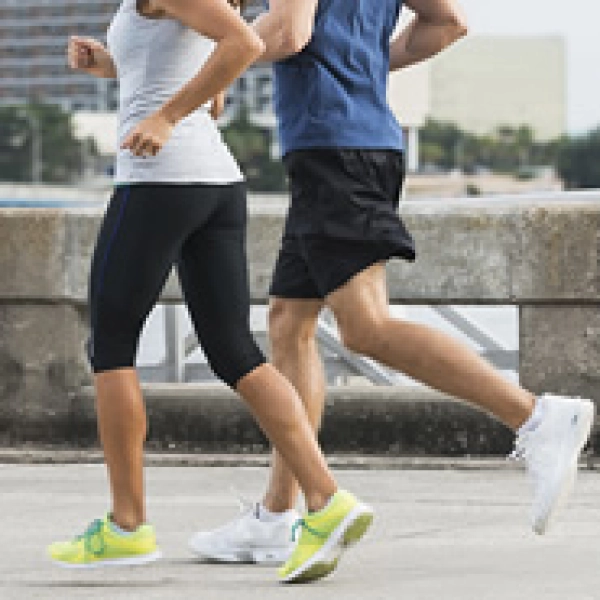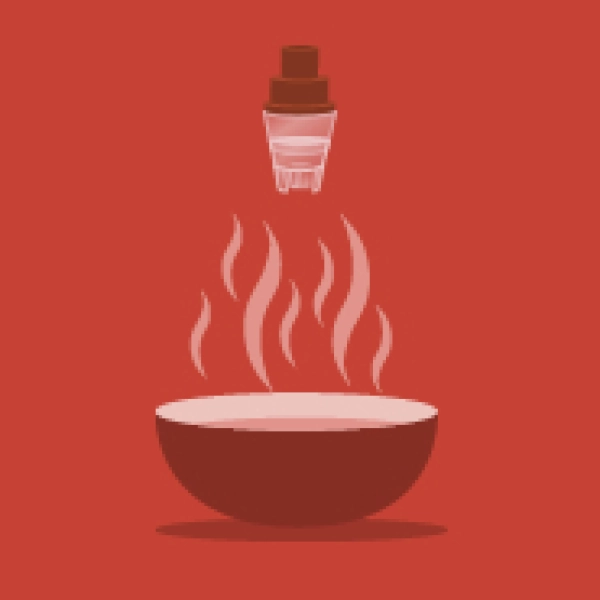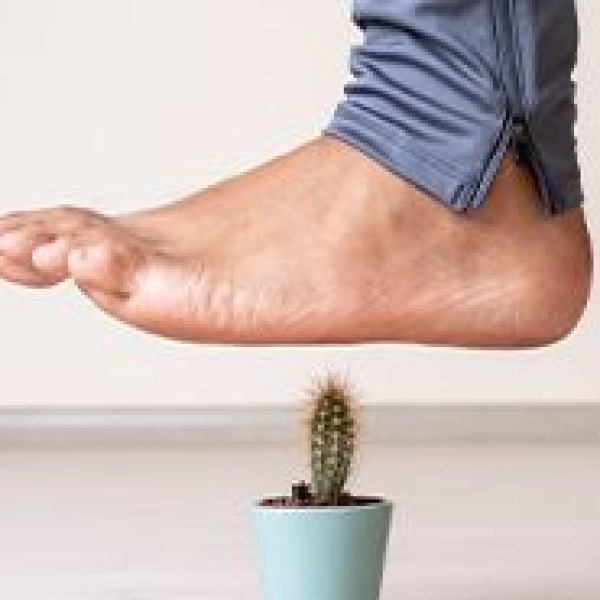Nebulization therapy: 3 things to do (and 3 to avoid)
If you're about to turn on the nebulizer, wait just a moment. There are some things you need to learn to do first, like breathing through your mouth if you have bronchitis, for example, as well as some you must absolutely avoid, like sterilizing plastic ampoules in boiling water.


